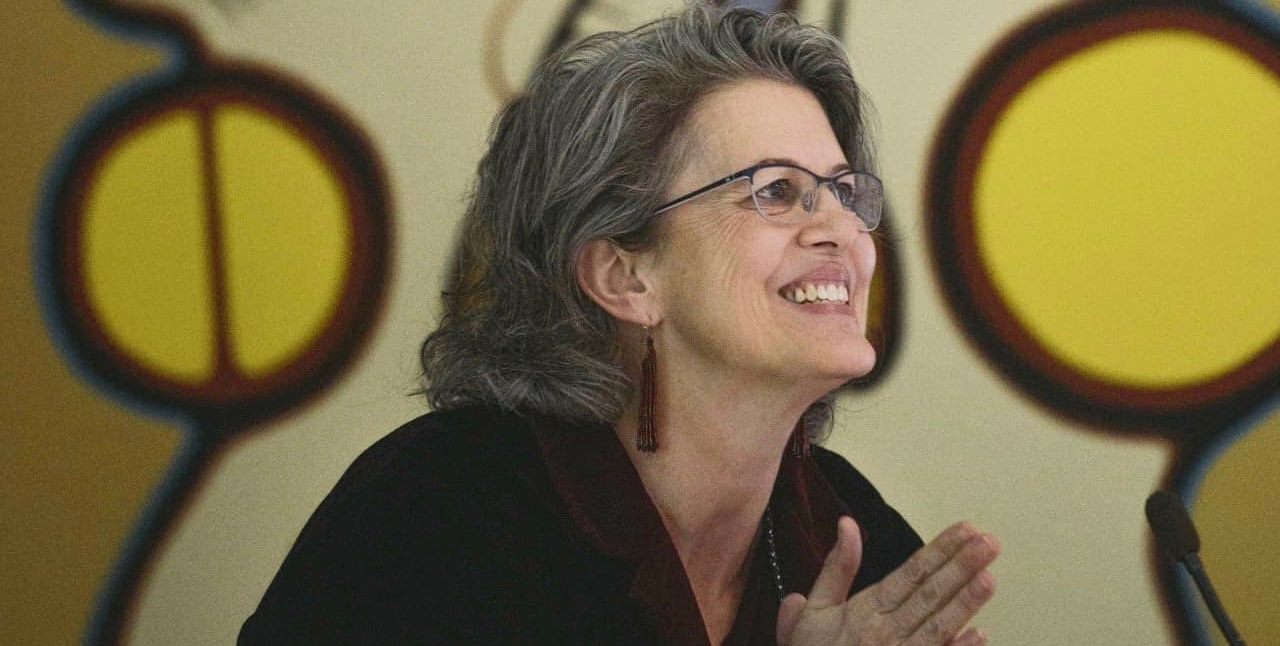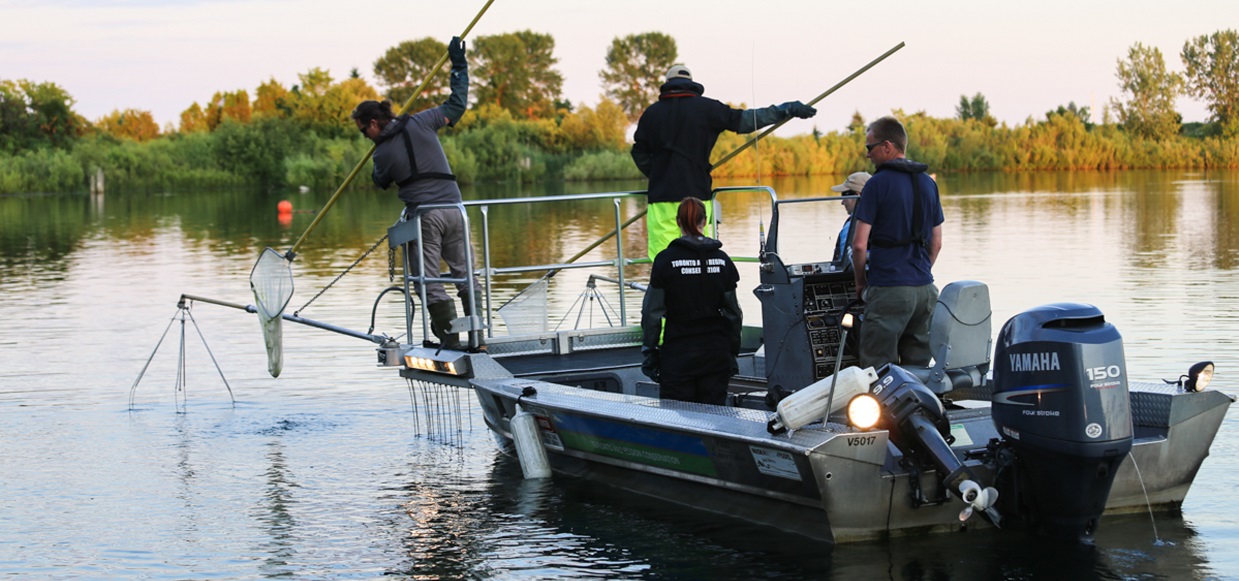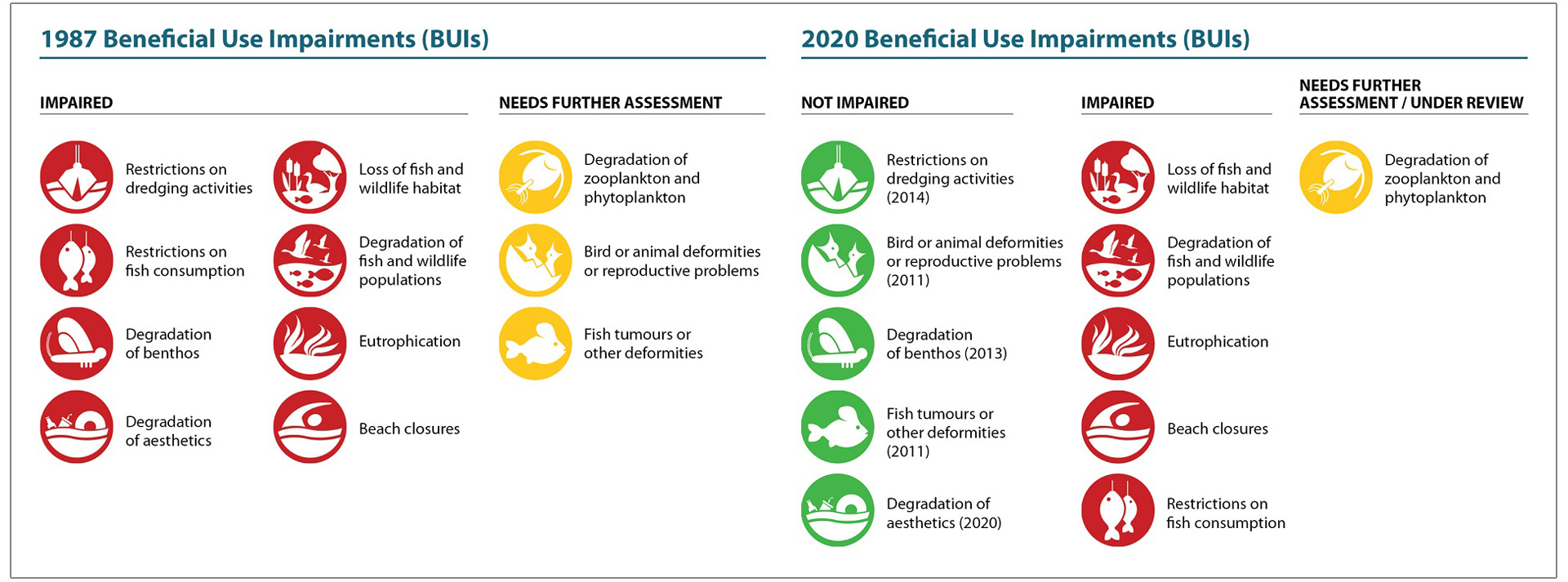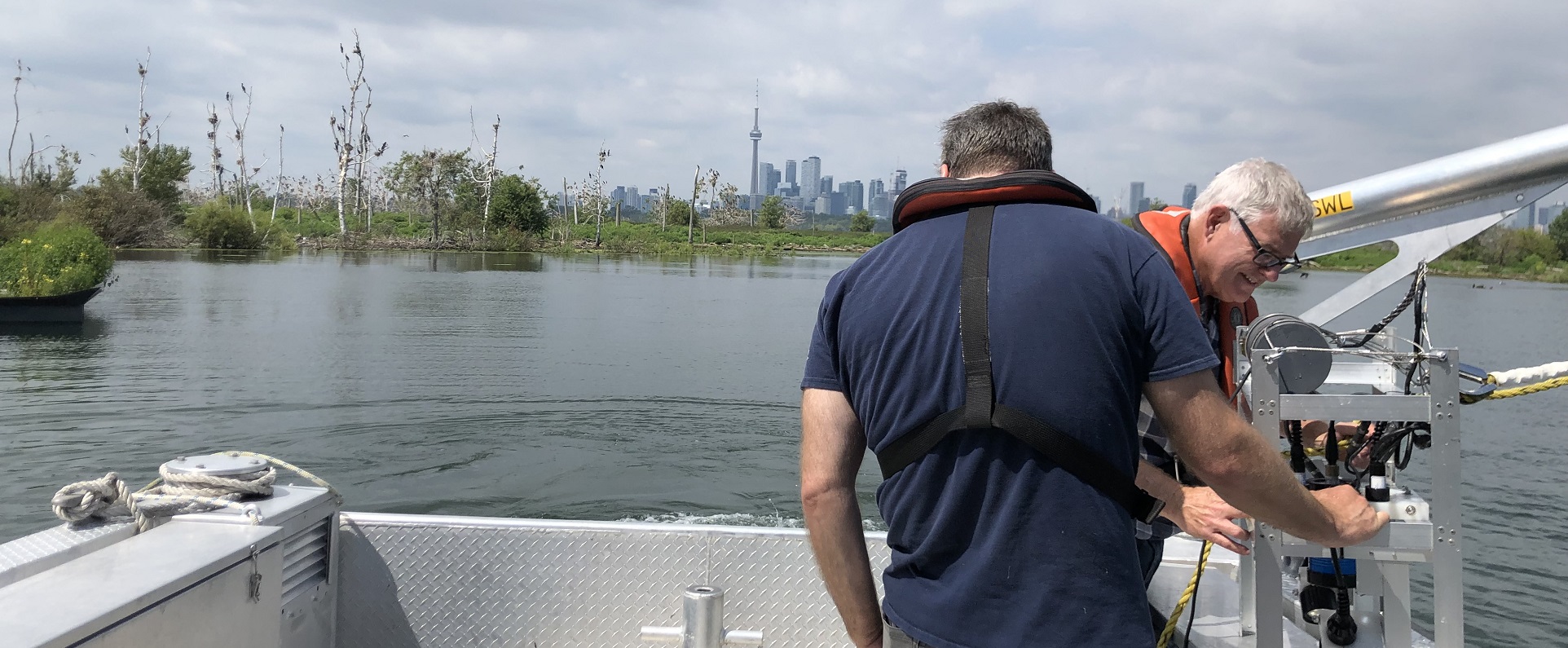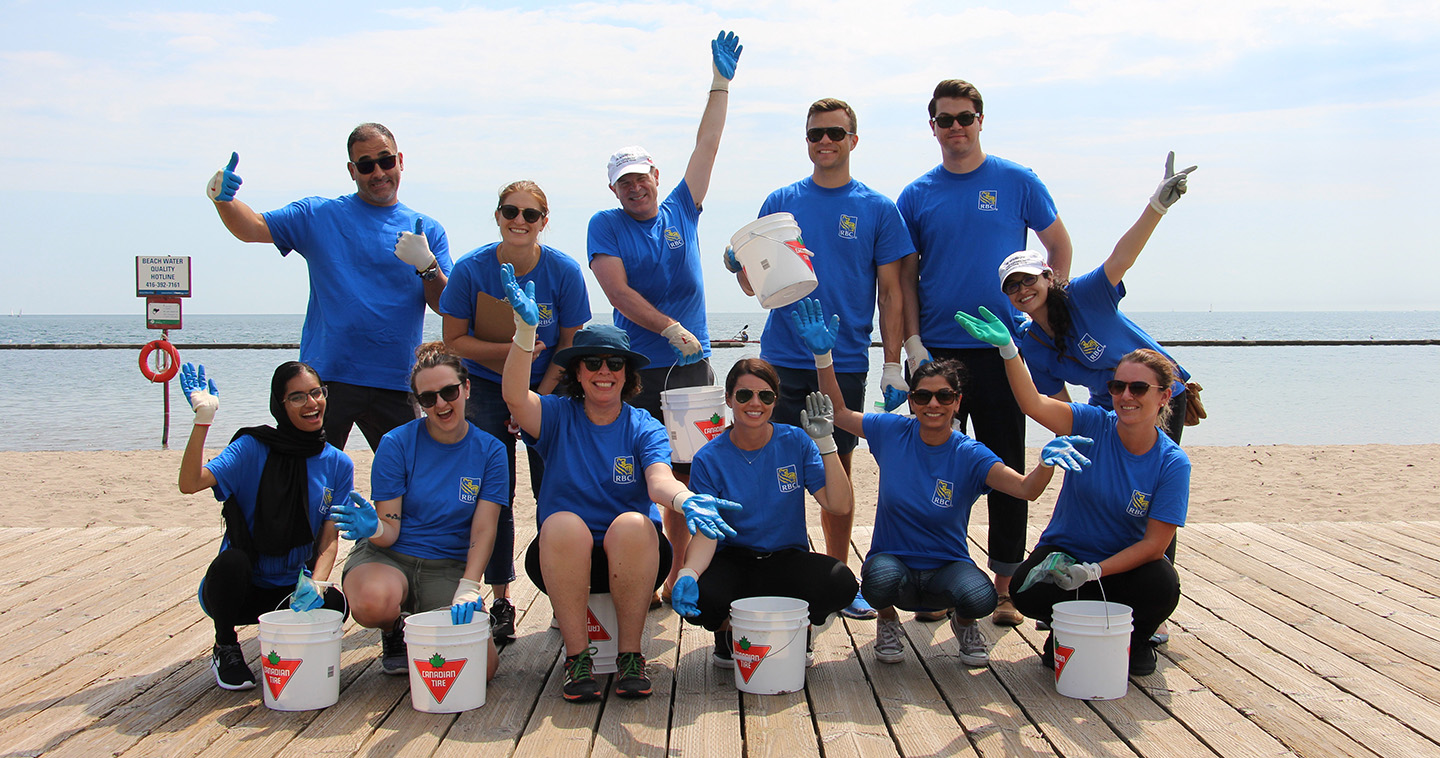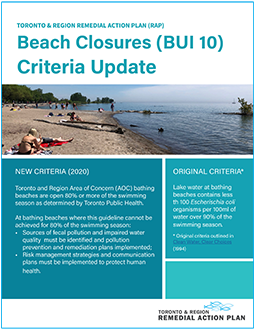Cleanup and collaboration pay off. That’s the conclusion of a report released today by the International Association for Great Lakes Research, which documents how cleaning up even the most polluted areas of the Great Lakes is not only possible, but can lead to community and economic revitalization.
The Great Lakes Revival report tells the story of the most dangerously fouled waters in the Great Lakes, which resulted from the industrial and agricultural revolutions of the 19th and 20th centuries.
As citizens of the United States and Canada awoke to visible damage and invisible dangers of polluted water and toxic residues — crippling local economies and degrading the quality of life around these magnificent waters — they chose to act. The two nations made a commitment to clean water and, beginning in 1985, focused their efforts on what came to be known as the Great Lakes Areas of Concern.
The report presents case studies from 10 Areas of Concern, including Buffalo River (NY), Collingwood Harbour (ON), Cuyahoga River (OH), Detroit River (MI), Hamilton Harbour (ON), Muskegon Lake (MI), River Raisin (MI), Severn Sound (ON), St. Louis River (MN and WI), and Toronto Harbour (ON).
It shares how these communities came together, struggled, and ultimately found the paths to effectively reclaim their waters. These communities overcame challenges in defining the magnitude and scope of the problem, and how to even begin the work of unburdening the waters from years of abuse and neglect.
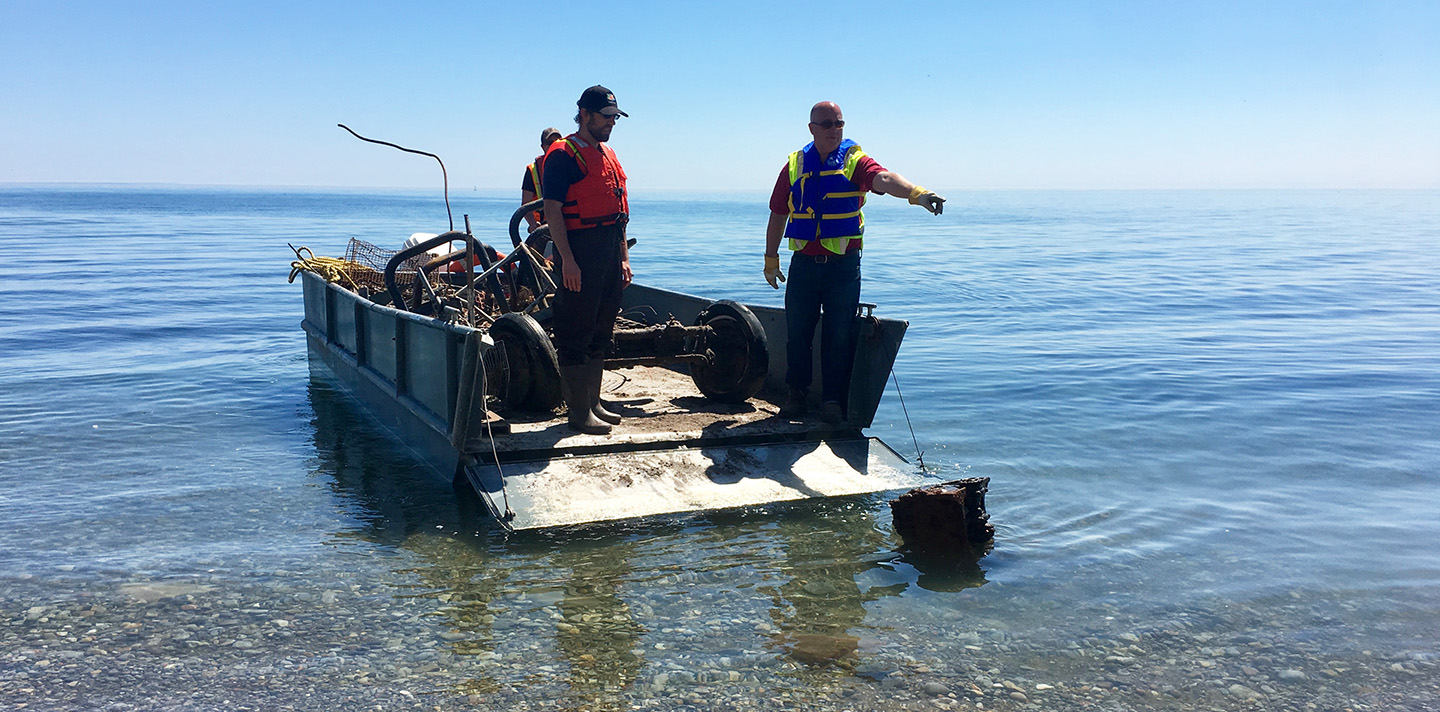
Their efforts paid off in the form of preventing pollution, restoring habitat for fish and wildlife, cleaning up contaminated sediment, and, ultimately, creating vibrant waterfronts that connect people to the water.
Through their efforts, these communities have catalyzed local economic development and community rebirth to the tune of hundreds of millions, even billions of dollars of economic benefits and countless new jobs for local residents.
Just as important for long-term success, a spirit and practice of collaboration emerged in these communities.
“Thank you to the International Association for Great Lakes Research for completing this important report,” said U.S. Senator Debbie Stabenow of Michigan. “These case studies demonstrate the critical importance of continuing to invest in the cleanup of our Great Lakes and the powerful impact these investments have on local communities. Working together, we will continue to tackle these challenges head-on, protecting our water and reviving communities across the region.”
“People in my riding of Essex care deeply about the health of the Great Lakes and our water,” said Canadian Member of Parliament Tracey Ramsey. “In Essex County we rely on them for freshwater, recreation, fishing, and tourism, but they are facing some very serious environmental threats, including climate change, degraded water quality, invasive species, and habitat loss. I want to thank the International Association for Great Lakes Research for conducting this critical research that is essential to protecting this vital resource and rebuilding the Great Lakes’ surrounding communities together.”
The story told in this report documents the tangible and often intangible benefits of Great Lakes cleanup. It provides a powerful case for sustaining the flow of cleanup funding that has quite literally revived communities (the Great Lakes Restoration Initiative and Great Lakes Legacy Act in the United States and the Canada-Ontario Agreement on Great Lakes Water Quality and Ecosystem Health and the Great Lakes Protection Initiative in Canada).
The successes illustrated in the 10 case studies make a case for continued support to finish cleaning up the Areas of Concern, and demonstrate approaches that other waterfront communities can consider in shaping their own collaborative efforts. They also remind us of our place in the Great Lakes basin ecosystem, and of how our well-being and health is inextricably linked to the health of its waters.
The report is available online HERE.
Contacts:

